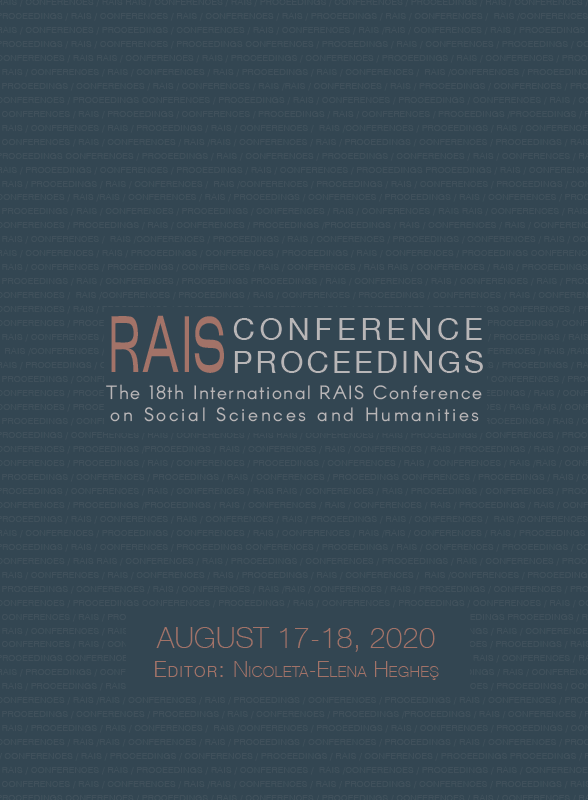The 2020 Pandemic and How We Lost Our Ability to Interact
The 2020 Pandemic and How We Lost Our Ability to Interact
Author(s): Robert Şerbănescu
Subject(s): Communication studies, Health and medicine and law
Published by: Scientia Moralitas Research Institute
Keywords: isolation; unsociable; adaptable; SARS-COV-2; legal norms;
Summary/Abstract: It is well known and undisputable that humans were able to evolve up until know due to the inherited ability to be sociable creatures. Our ancestors fought off, by working together, wild beasts during the tribal stages, survived wars, natural catastrophes and global diseases. However, it seems that the more we evolve, the more we tend to distance ourselves from each other. At the beginning of the 21st century, in this current year, because all the conditions were met, we are witnessing the human being transforming into an unsociable form of life. The first element to start this change was the appearance of the new SARS-COV-2 virus. Discovered at the end of 2019 by the scientists in China, the disease has enveloped the entire planet, generating massive panic, painful infections cases and many deaths. The second component is represented by the legal norms adopted in order to assure the safety of the population. These regulations put a clear accent on social distancing, isolation and little to no contact with family members or friends. The current paper work will explain the consequences of long term isolation and how it can affect the behavior of a person. Humans are also adaptable, the issue is that we may have adapted to being alone and in no need to cooperate with others.
Book: Proceedings of the 18th International RAIS Conference on Social Sciences and Humanities
- Page Range: 299-303
- Page Count: 5
- Publication Year: 2020
- Language: English
- Content File-PDF

